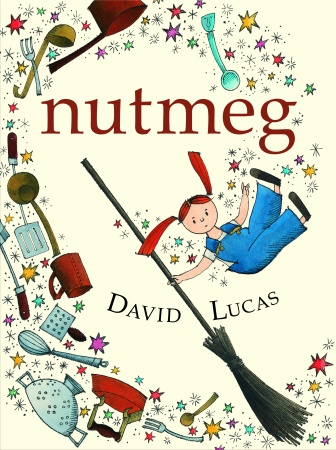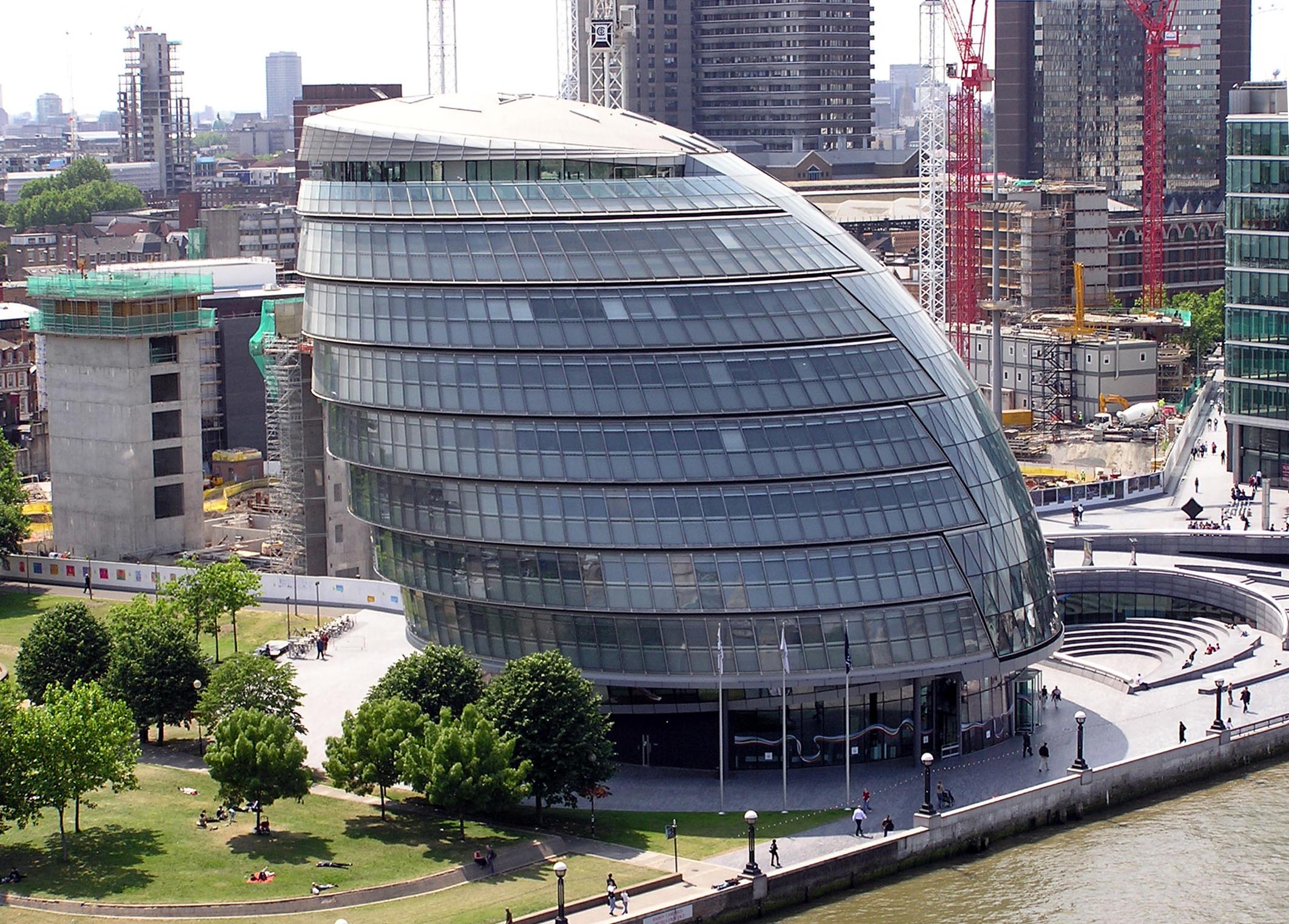I went this morning to the Institute of Mechanical Engineers to hear John Denhan, the Secretary of State for Communities, launching a new Department of Communities and Local Government (DCLG) consultation document, Strengthening local democracy. I gathered that it was a hastily arranged and low key launch and while Chris Leslie of the New Local Government Network which was hosting the event, described the proposals as wide-ranging, John Denham’s speech seemed rather short on new ideas.
The Secretary of State described the measures set out in the consultation document as ‘the biggest shift in power in a generation’. However, when we came to what was actually being proposed, I don’t think I was the only person present to feel somewhat under-whelmed. The consultation document is framed around these five areas:
- giving councils greater scope to scrutinise the spending and decisiosn of local service providers;
- exploring barriers to the use of existing powers and whether there are other powers councils should have;
- ensuring councils have the powers they need to tackle climate change
- ensure accountable leadership in sub-regional structures;
- better articulating the relationship between central and local government
Scrutiny
John Denham said that scrutiny was the lion that has failed to roar. His depiction of scrutiny as a lion is something that many local government practitioners might want to challenge (more of a mouse than a lion, perhaps?) But one thing which is clear from the consultation document is that the Government is placing a lot of emphasis on the scrutiny function. The paper states that, ‘the best way to support councils to take on a stronger role is to increase their powers of scrutiny.’
Strengthening scrutiny may be one way to enhance the role of councils but is it really the best way? Is scrutiny the key to putting local government at the centre of decision-making in the locality? And is a desire to scrutinise really what motivates people to become councillors? Many of us would argue that the jury is still out on the effectiveness of scrutiny within local government. It is a model which has largely been transplanted from Whitehall without the level of resourcing that is a critical factor in the success of some parliamentary select committees.
But put that to one side, the Government wants to hear our views on broadening councils’ scope to scrutinise LAA partners, especially around expenditure. It wants to look at bringing more public services under the local authority scrutiny regime (and will be issuing statutory guidance on health scrutiny this Autumn), make council leaders ensure scrutiny is a core function and that it is adequately resourced.
Barriers and powers
The consultation document sets out how the Government’s approach to public service reform is now switching from a system based on targets and central direction to one where individuals have enforceable entitlements over the service they receive. What does this mean for local government? – a key role in ensuring these entitlements are delivered, the paper suggests. Tangibly government is proposing to introduce a specific power to enable councils to enage in mutual insurance arrangements; encourage local initiatives that foster closer working between primary care trusts and councils; explore reductions in the volume of central prescription and inspection explore how partnership workign could be streamlined
Climate change
The Government wants to explore the role councils can play in meeting the UK carbon budgets. Ideas put forward include considering the local authority role in co-ordinating funding streams to support low carbon activity, supporting councils offering innovative financing for energy efficiency and perhaps even green mortgages. Sub-regional working Here the emphasis appears to be on sharpening accountability – for example by making sub-regional partnerships subject to scrutiny and exploring options around direct democratic accountability at the sub-regional level.
Central – local government relationships
The consultation document sets out some proposed principles to articulate the most effective role of local government and asserts that central government complies with these principles already! The key issue around any such statement of principles is how can their impact be secured. The document proposes a joint parliamentary select committee to scrutinise broad adherence to the principles.
Summing up
So, scrutiny at both local and national level, is very much at the heart of this new consultation document. During the discussion after John Denham’s speech, Andy Sawford asked what the next steps would be. Is it a strange time to be launching a consultation, ten months before a general election? John Denham argued that whether parliamentary time could be found to enact any proposals requiring legislation in what will be a truncated parliamentary session would depend to a large extent on the response to the consultation. We’ll see.
Asked by Chris Leslie how the ideas set out in the consultation differentiated the Government’s localist credentials from those of the Conservative Party, John Denham argued that the Government was making a stronger commitment to ensuring national rights of entitlement – that you would get good quality services wherever you are in the country, whereas the Conservative approach would result in greater local variations.
A cynical view would see ‘national rights of entitlement’ which are consistent everywhere as not all that different from national targets and minimum standards of performance but clearly the Government feels there is an important distinction to be made.
Appropriately enough, given that we were at the Institute of Mechanical Engineers, a portrait of George Stephenson looked down on us all. As everybody knows, it was Stephenson who built the first public railway line. The railways revolutionised almost every aspect of nineteenth century, they were a truly transformational change. I guess if you feel that the scrutiny function is the best way of strengthening local democracy then you might feel that these proposals may also bring about signficant changes. But I suspect that scrutiny may be more like canals were to the railways.
Read Full Post »

 On my way to and from work I pass a pub which has recently had a make-over and now advertises as one of its main attractions, ‘world class omelettes’. I’ve had my fair share of
On my way to and from work I pass a pub which has recently had a make-over and now advertises as one of its main attractions, ‘world class omelettes’. I’ve had my fair share of  There were always targets for breakfast. There were always performance indicators for lunch. There were always inspections for supper.
There were always targets for breakfast. There were always performance indicators for lunch. There were always inspections for supper. 










